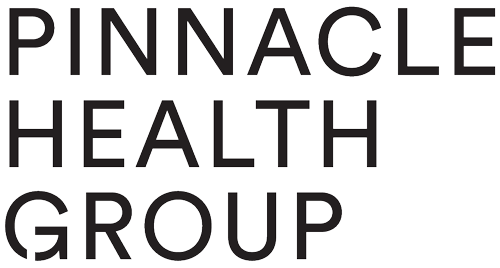Lower back pain is a leading cause of disability, affecting approximately 9.4 per cent of the global population. Back problems can arise from a range of injuries, such as disc injuries, sciatica, lifting heavy objects or some other non-specific injury. To the surprise of many, including health professionals, studies are increasingly indicating that chronic back pain isn’t always the result of an injury or condition. Instead, it can be all in our head.
How Back Pain Differs From Other Injuries
When our back hurts, it makes sense to assume that we’ve suffered an injury or have a disease or condition. After all, most pain works this way. However, back pain is different. There isn’t a close connection between the condition of the spine and whether or not people report feeling pain. The perceptions of stiffness and pain may not reflect the actual state of the spine and joints at all.
In fact, many people with no lower back pain have the spinal abnormalities that you may expect to cause pain. Research shows that most people who have never reported having any significant back pain have the same abnormalities, such as bulging or herniated spinal discs, that are blamed for chronic back conditions. There are also millions of people with severe chronic back pain who show no structural abnormalities in their back whatsoever.
A First World Problem
Interestingly, chronic back pain is nowhere near as common in developing countries. This should strike us as odd considering that backbreaking hard labour is more common and those who do such work don’t have easy access to quality medical treatment. Nor do they sleep in specialised mattresses for back health or sit in ergonomically designed chairs.
Since there is so little correlation between the physical condition of the back and a person’s reported experience with back pain, we’ve started looking at how psychological and behavioural patterns might contribute.
How Back Pain Can Be In Your Head
Things like stress, your personal health beliefs and coping strategies can influence your perception of pain. For example, anxiety and catastrophic thinking can manifest pain from your expectations of it. People with these pre-existing psychological attitudes tend to have abnormalities in their regulation of brain chemicals like dopamine and brain functions related to emotional control, anxiety and attention.
Our psychological vulnerabilities are powerful enough to rewire the brain into generating pain, distress and limited movement. When your physical movement is limited, this can cause further psychological distress that can worsen the pain. This is how a cycle of endless chronic pain can work.
What Can Help This Kind of Back Pain?
Research shows that training people with chronic back pain in mindfulness or cognitive behavioural therapy (CBT) works significantly better than traditional forms of medical care alone to reduce both their pain-related suffering and disability. Mindfulness teaches us to be aware of and accept moment-to-moment sensations of discomfort, while letting go of our usual negative reactions.
Instead of thinking about the burden of our back pain, seeking relief and worrying about our prognosis, you learn how to be with the pain. You pay attention to how it feels in each moment and relax your tendency to tense up while observing thoughts and feelings as they come and go. CBT takes the approach of observing and identifying negative thoughts about your condition and replacing them with more realistic ones. Both methods help you better see the functioning of our minds and the role that anxious thoughts and feelings about our condition play in worsening your condition.
Quality Health Services in Melbourne
Pinnacle Health Group provides a range of health services including psychology, physiotherapy, massage, clinical Pilates, yoga, general health check-ups and more in multiple locations in Melbourne. If you’re injured or need health advice, book an appointment from one of our centrally based health clinics or join a wellness class near you.

